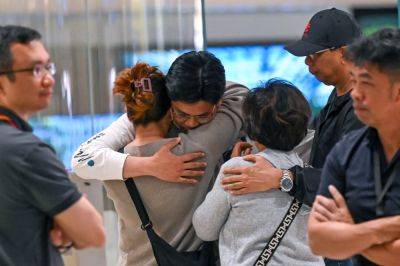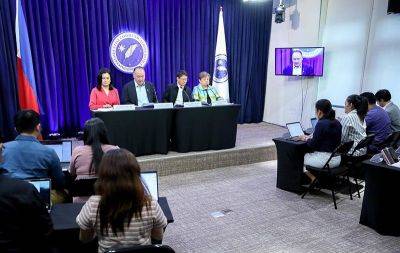Development partners making a difference: The European Union supports WHO in eight Asian countries prepare for the future
Communities across 8 countries in Southeast Asia gained better access to COVID-19 services, including vaccinations, and countries are now better prepared for future emerging diseases thanks to a dynamic 3-year project funded by the European Union (EU).
In 2021, the EU and the World Health Organization (WHO) agreed to strengthen pandemic response and preparedness in 8 countries from the Association of Southeast Asian Nations (ASEAN) region: Cambodia, Indonesia, Lao People’s Democratic Republic (PDR), Malaysia, Myanmar, the Philippines, Thailand, and Viet Nam.
From 2021-2023, the EU contributed EUR 20 million and adopted a flexible, highly responsive approach to how the funding is spent in view of rapidly changing conditions. This allowed WHO to work closely with national governments, and other partners such as civil society organizations, to identify and provide the services that people needed in real time.
WHO delivered essential equipment, trained health workers, supported outreach campaigns and mobilised over 600 additional volunteers, consultants and experts to strengthen response and preparedness for COVID-19 and future pandemics.
IPC nurse Ms Khalsy loads the medical equipment package into the EU-funded autoclave machines in the sterilization room at the Muang Khong hospital, Lao PDR, 2023. Photo credit: WHO/ Blink
Responding to country needs as they arise
At first in 2021, the focus was on meeting the immediate demands of COVID-19, ensuring that people were aware of how to protect themselves, and knowing when and where to get vaccinated. By 2022 and 2023, work focused on research and innovative approaches to strengthen the ASEAN’s regional capabilities to prepare for, detect, and respond to future health emergencies and emerging diseases.
The EU understood how the context was changing and agreed for WHO to apply a dynamic approach to address fast evolving nature of pandemic, moving from one type of COVID-19 response stream to another - strengthening quarantine, surveillance, laboratory, vaccination services to respond the pandemic and combat future infectious diseases outbreaks.
Since 2021, WHO worked closely with ASEAN – sharing knowledge and experience in






